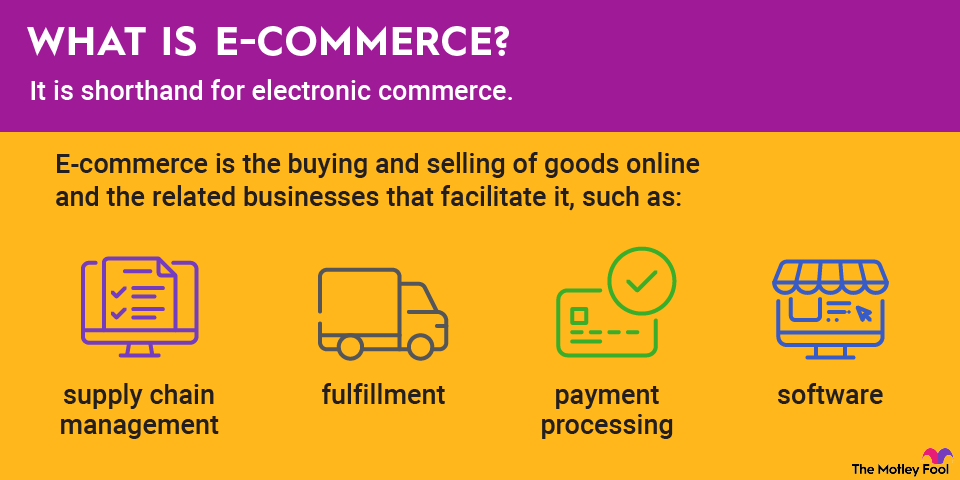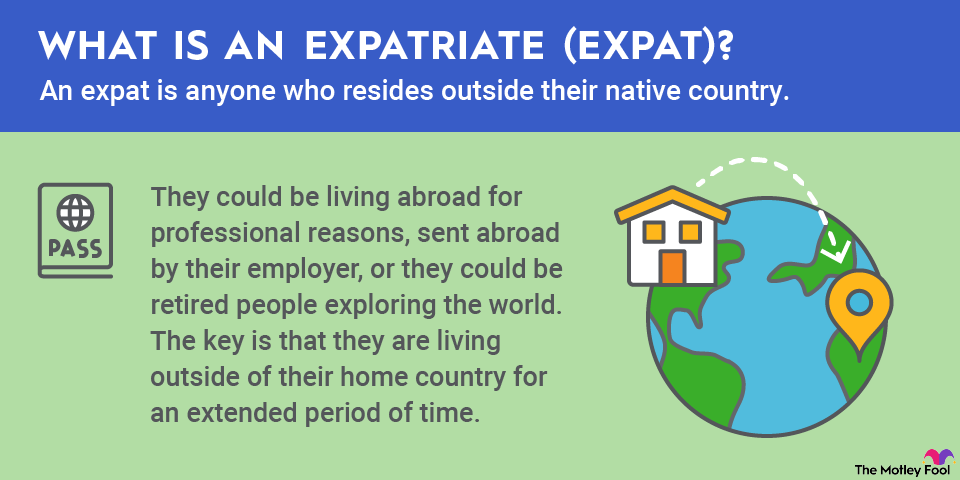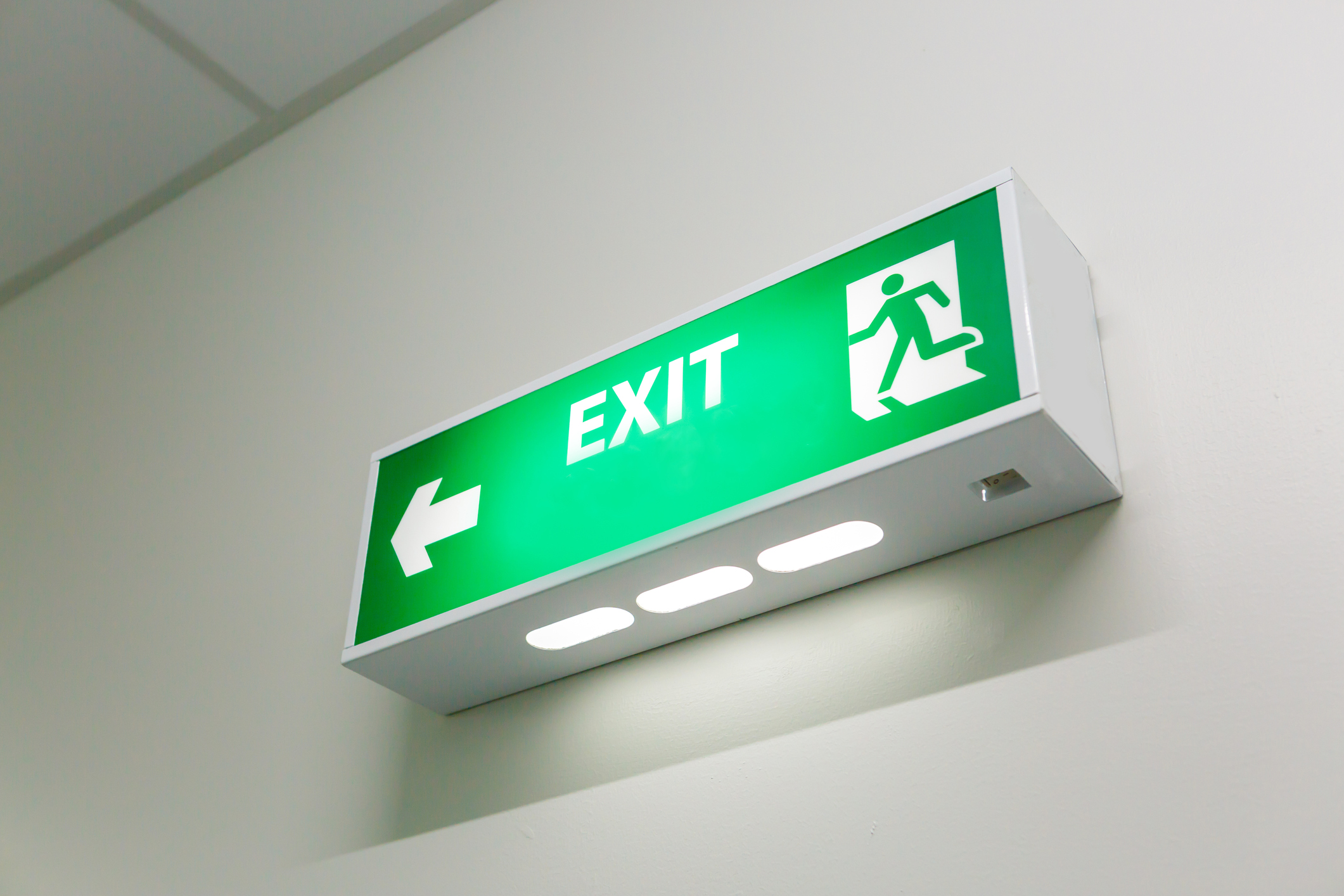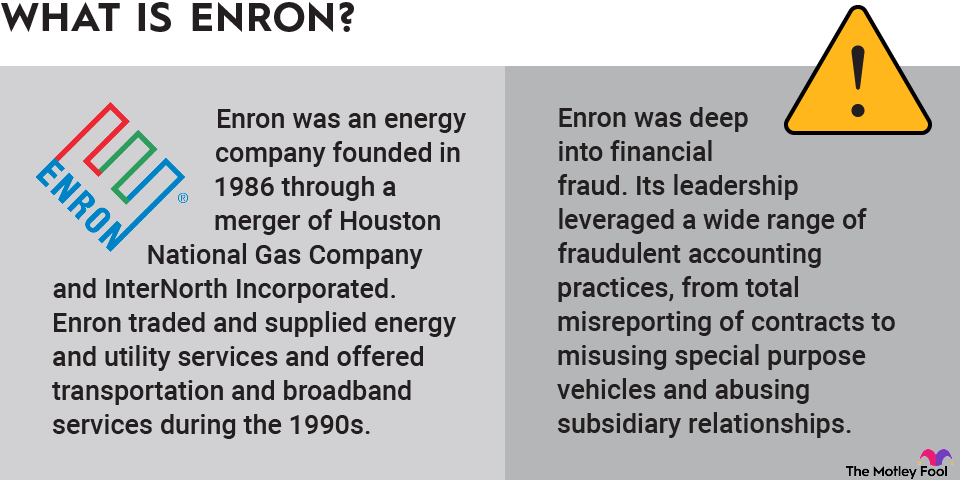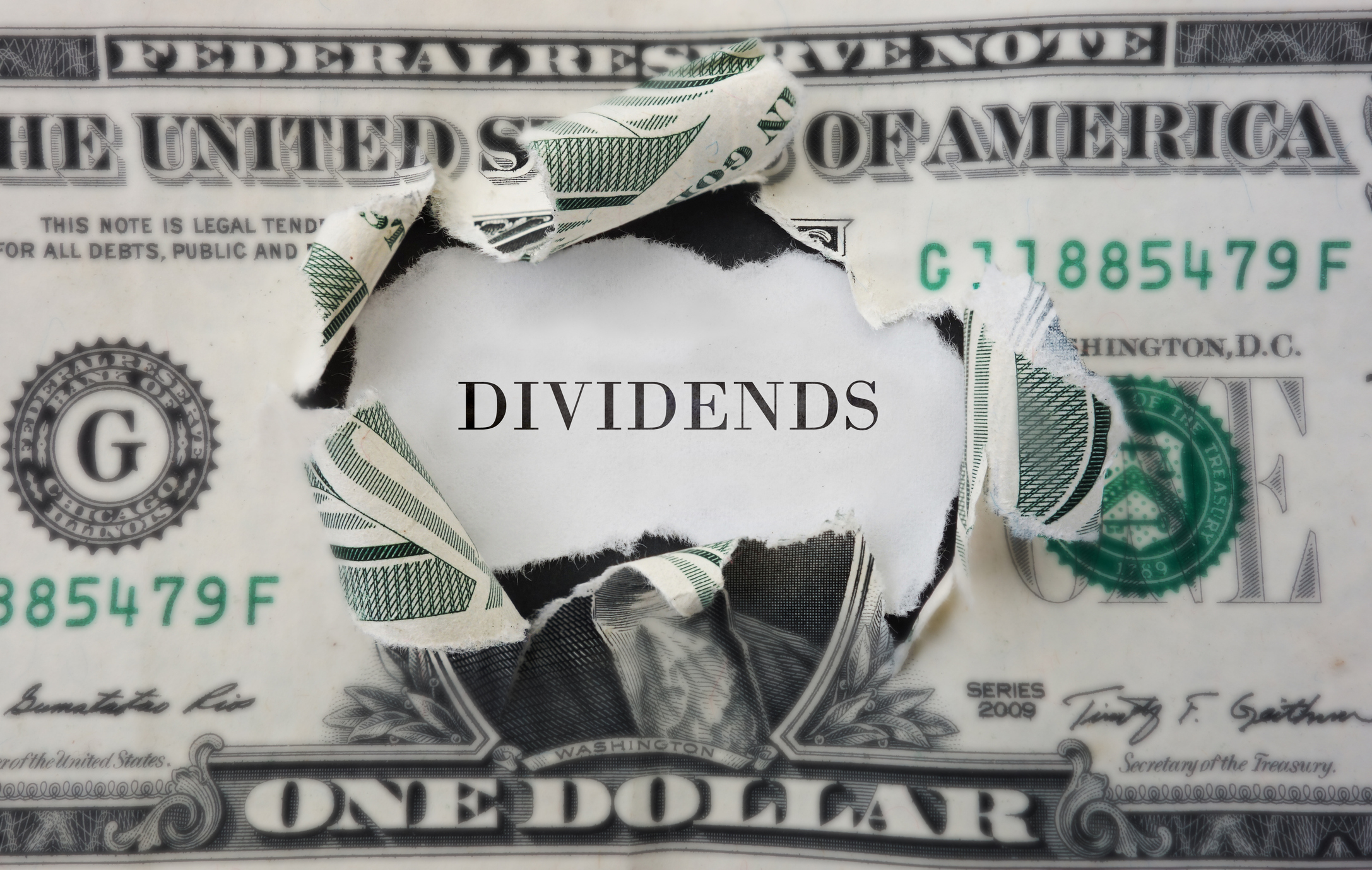An employer identification number (EIN) is usually a nine-digit number assigned to new and restructuring businesses by the IRS. It's somewhat akin to a Social Security number (which also has nine digits). Read on to find out more about EINs, who needs one, how to get one, and the benefits of having an EIN.

What is an EIN?
An employer identification number (EIN) is one of five taxpayer identification numbers that usually consists of a nine-digit sequence and serves as a unique identifier for businesses. Think of it as the business equivalent of a Social Security number, an all-purpose identifier that's used by tax authorities. The first two digits of an employer identification number are used to identify the location where the EIN was assigned; the remaining figures are a unique identifier.
Not all businesses need to get an EIN. A sole proprietorship that doesn't have to file an excise tax return and hasn't established a retirement plan doesn't need an employer identification number, although it can always apply for one.
Who needs an EIN?
There are a half-dozen different types of businesses that have to get an EIN:
- Any business that has employees.
- Corporations.
- Limited liability corporations (LLCs) with more than one member.
- People who purchase or inherit a business.
- Businesses that have a retirement plan.
- Businesses that file for bankruptcy.
How to get an EIN
Obtaining an EIN is a fairly simple process handled by the Internal Revenue Service. There are four basic methods to receive an EIN. You can apply online, fax a Form SS-4 to (855) 641-1627 within the United States, mail a Form SS-4 to the IRS, Attn: EIN Operation, Cincinnati, Ohio, 45999, or, if you're an international applicant, call 267-941-1099 between 6 a.m. and 11 p.m. ET Monday through Friday.
You can get an EIN immediately by applying online. Other methods generally take about four weeks; if you have to file a return before you've gotten an employer identification number, the IRS recommends you write "Applied for" and the date of application in the space reserved for the EIN.
Benefits of an EIN
Most people don't think of tax-related paperwork as a benefit. For many people, however, an EIN can be extremely useful. First and foremost, it allows you to file business taxes and avoid penalties. But it also can prevent identity theft by creating a wall between your personal taxes -- i.e., your Social Security number -- and your business finances.
Many banks will require companies or people seeking a loan to have a business account, which will require an EIN. Likewise, you may need an EIN to open a business account or apply for a business credit card. An employer identification number can confer credibility on a business, too. It shows that the owner of the business is at least attempting to follow federal tax laws.
Finally, even sole proprietorships without employees can benefit from having an EIN. It's one less hoop to jump through if and when you decide to expand your business by hiring employees -- in which case, you'll definitely need an EIN.
Related investing topics
EINs: The bottom line
Not everyone will need an EIN. There were 28.4 million non-farm sole proprietorships in the United States in 2020, many with no employees. Still, there's much to be said for getting an employer identification number if you're running a business. It shows you're serious about your company, you're complying with tax laws, and that you might even have your eye on becoming a bigger business if that's your goal.

